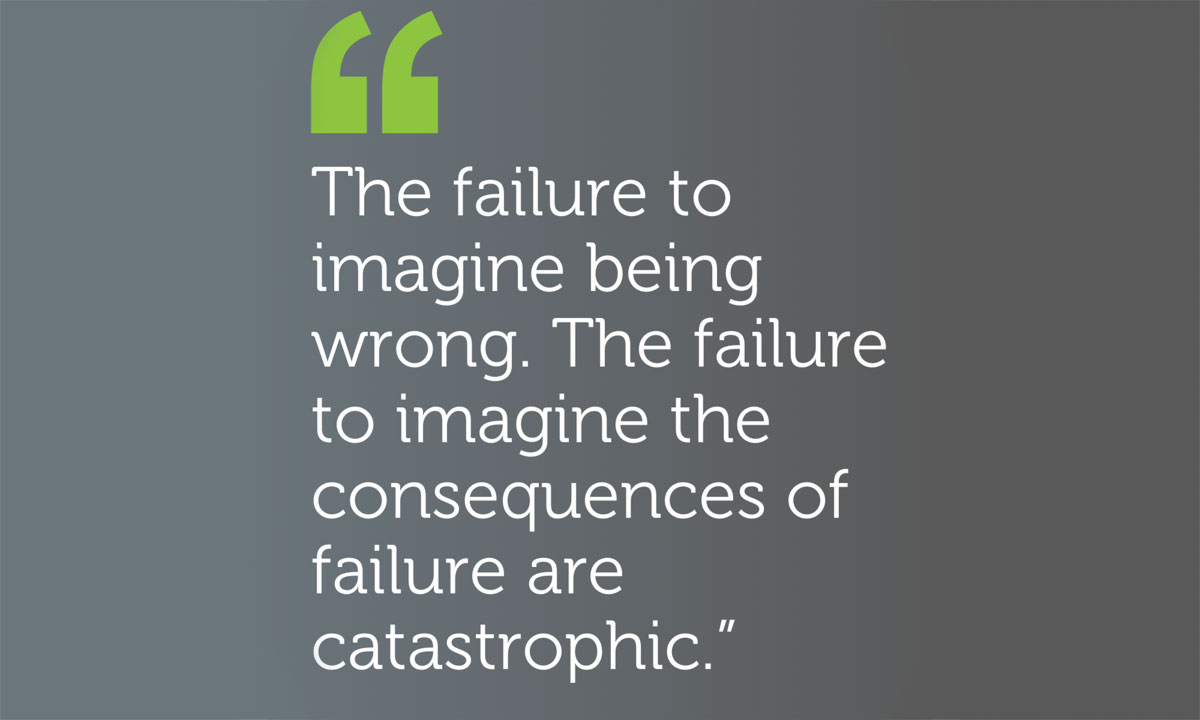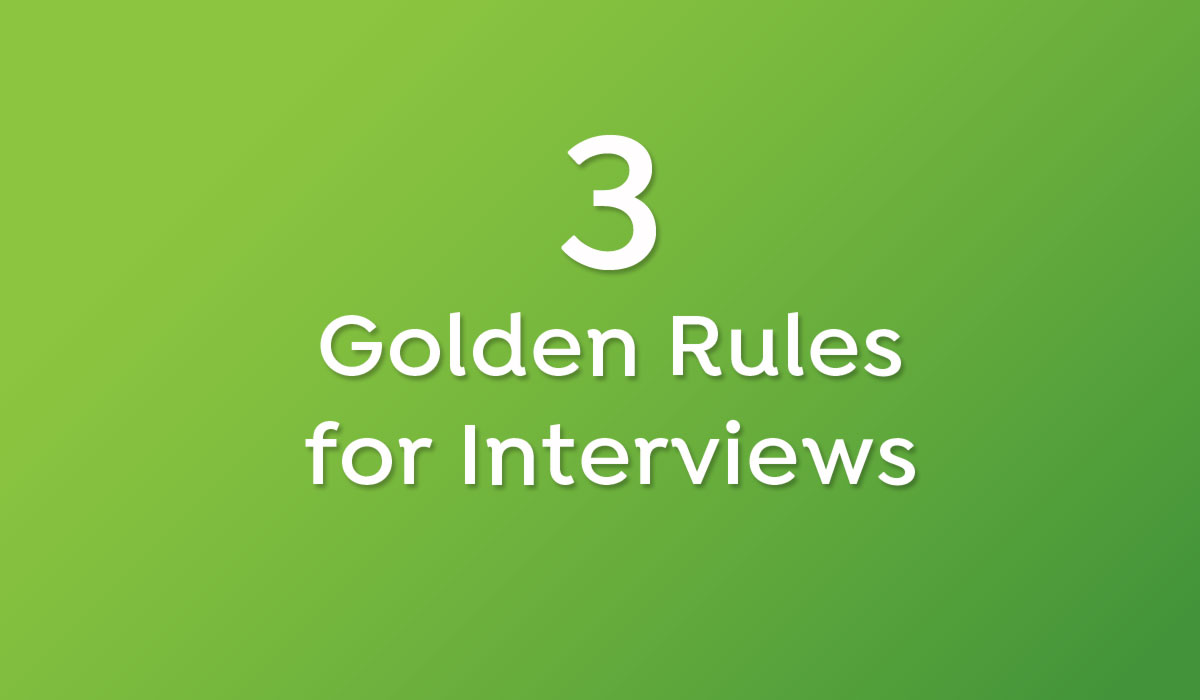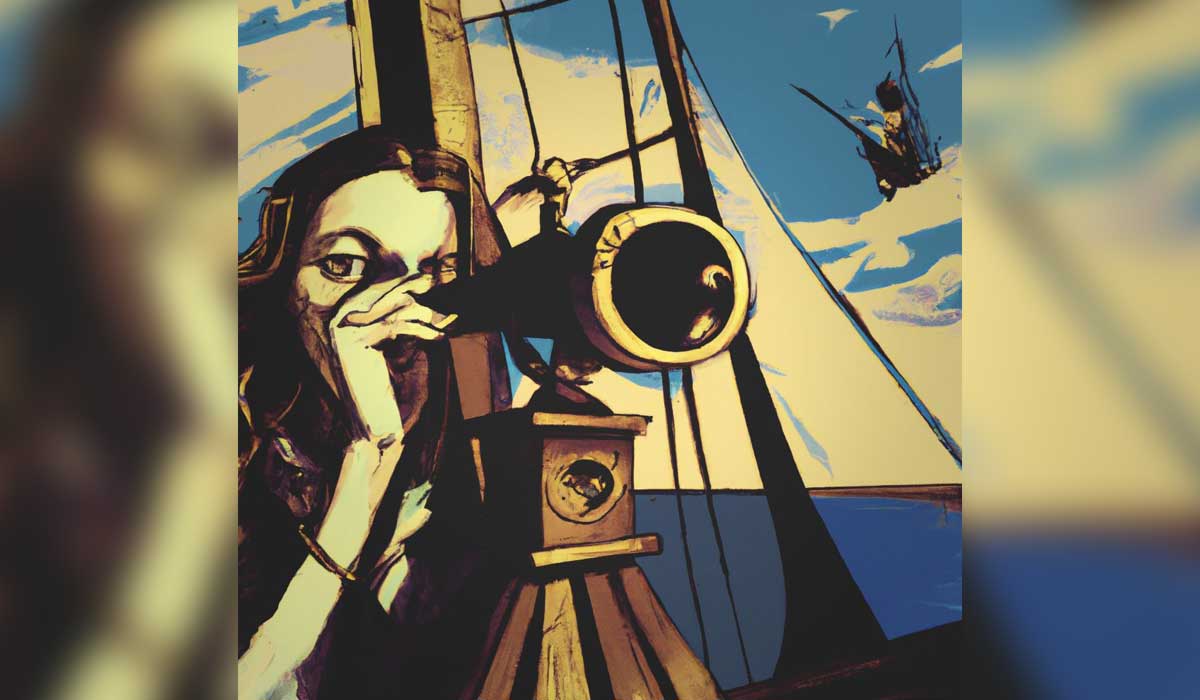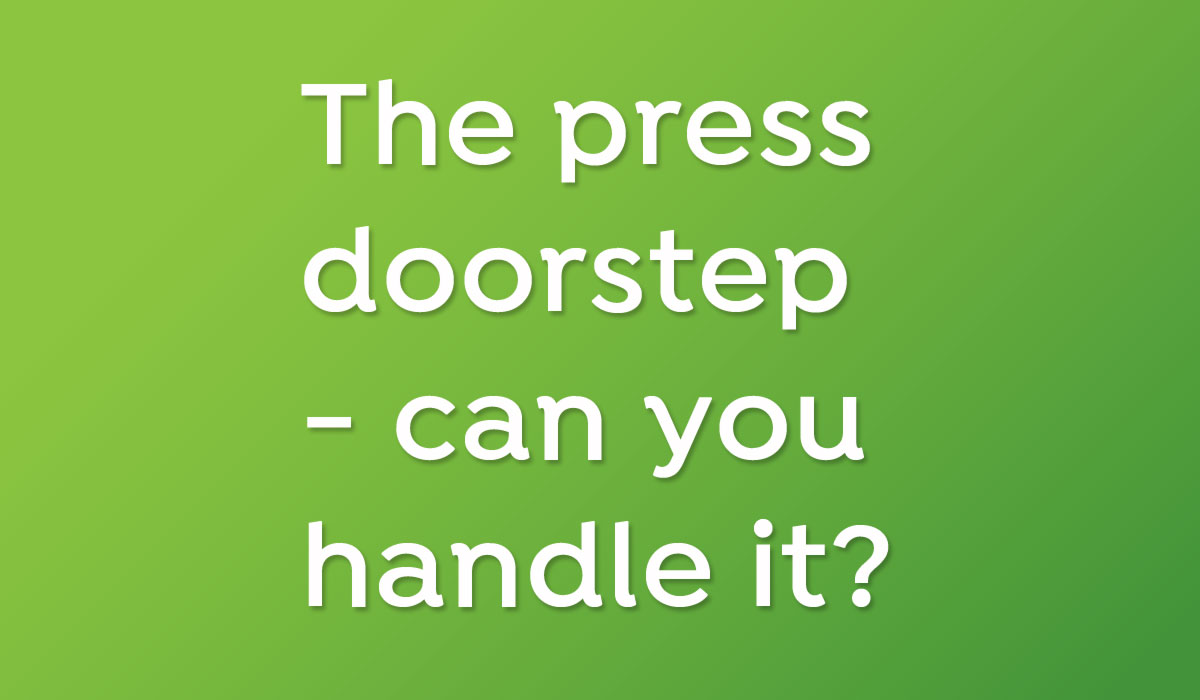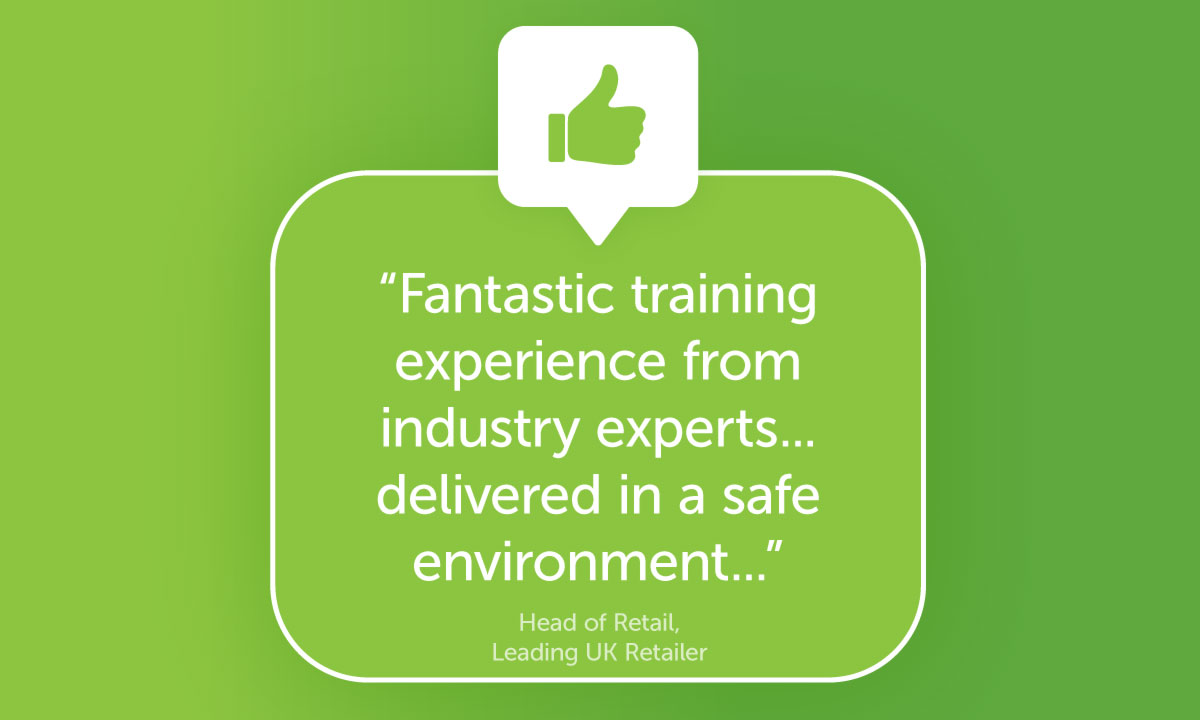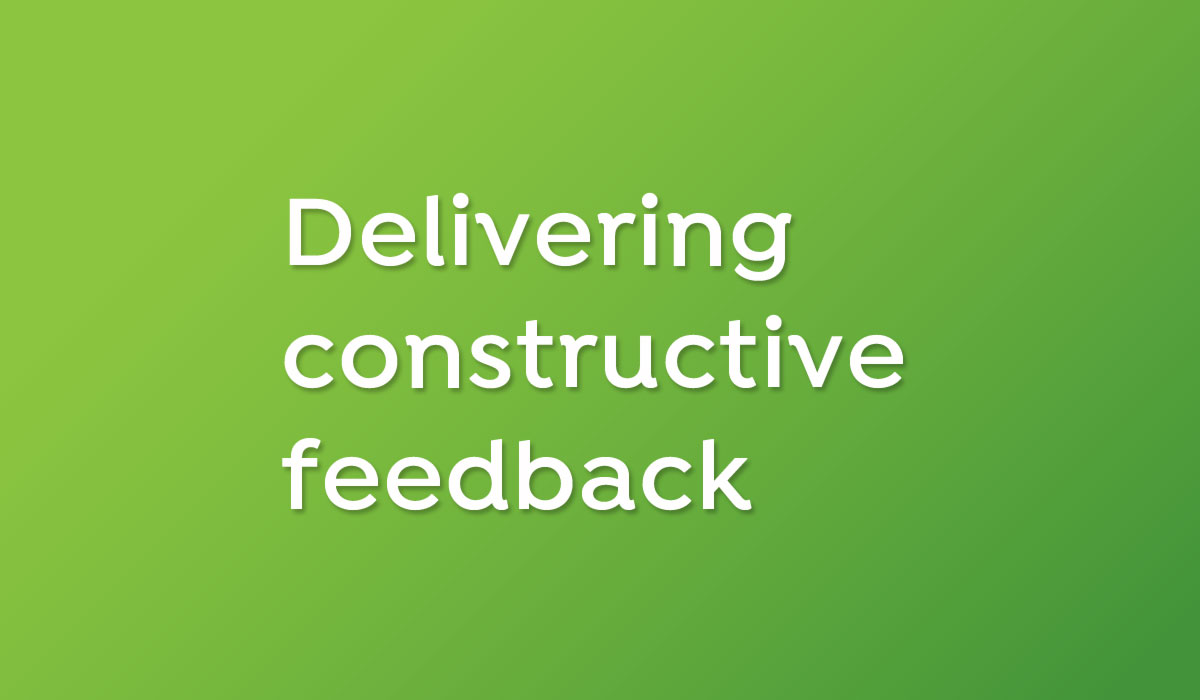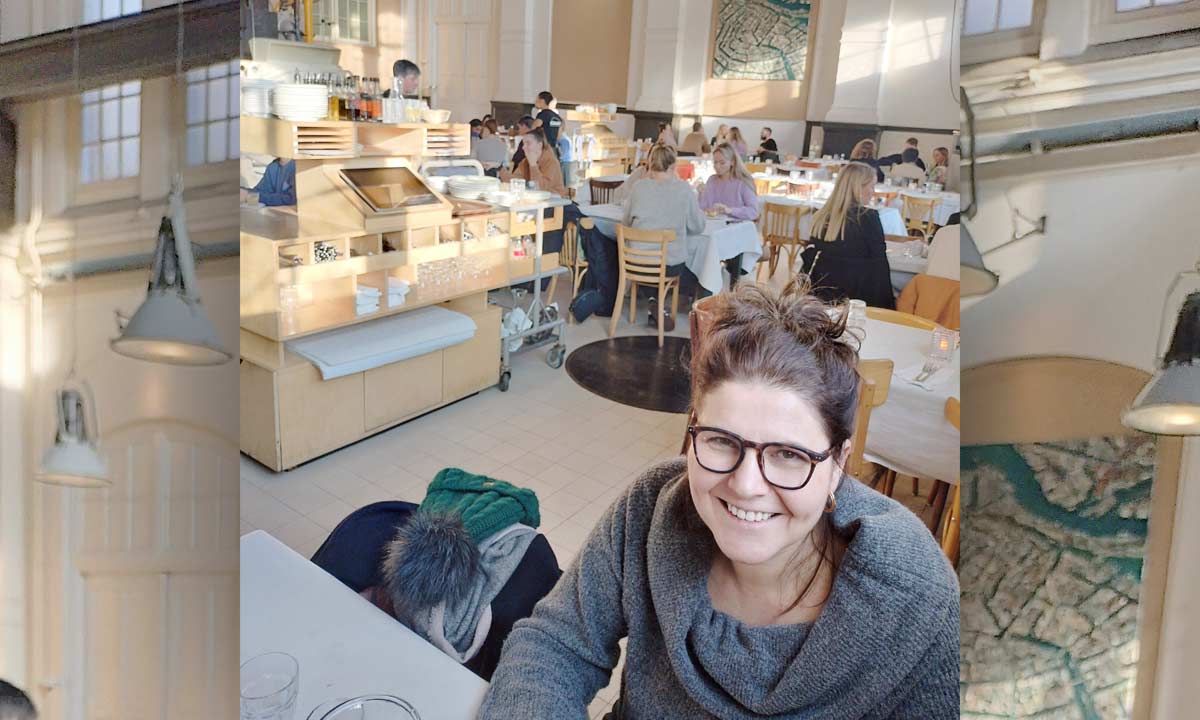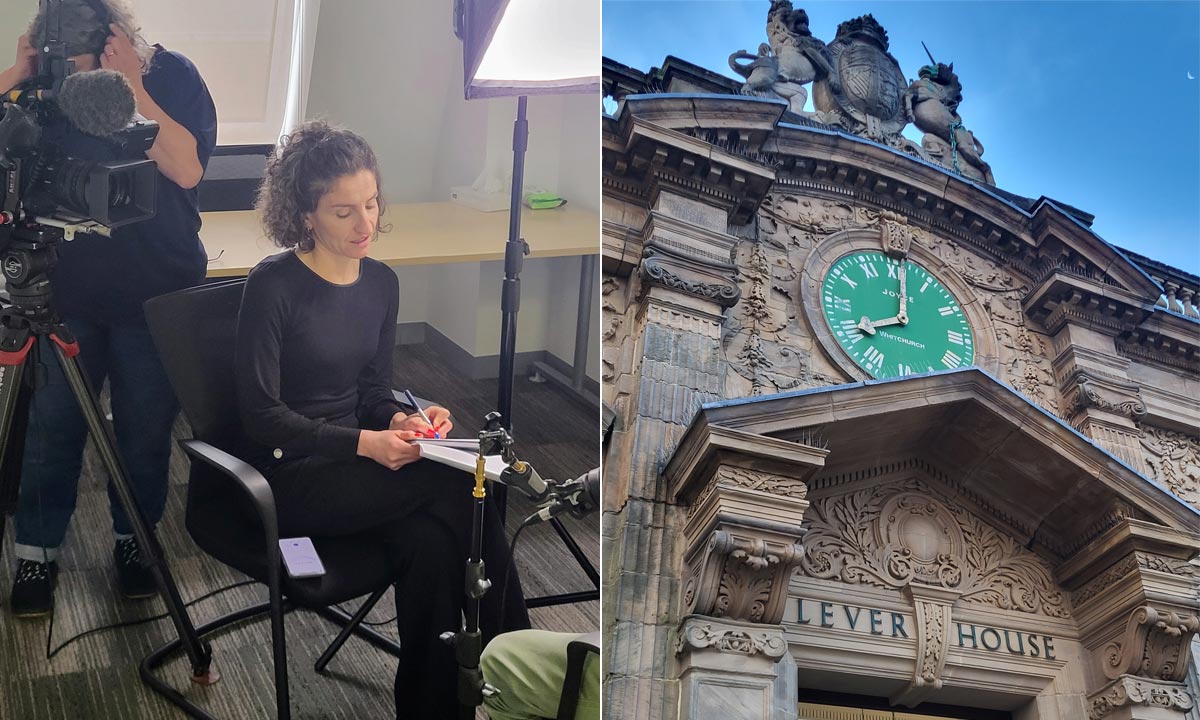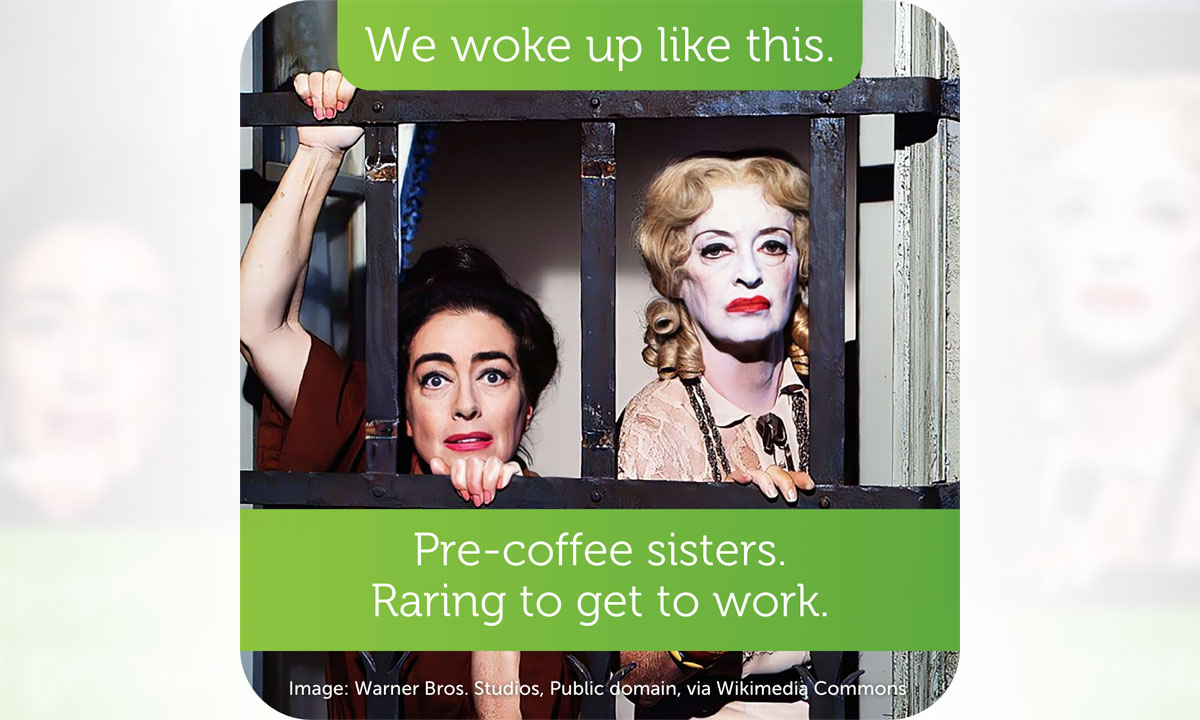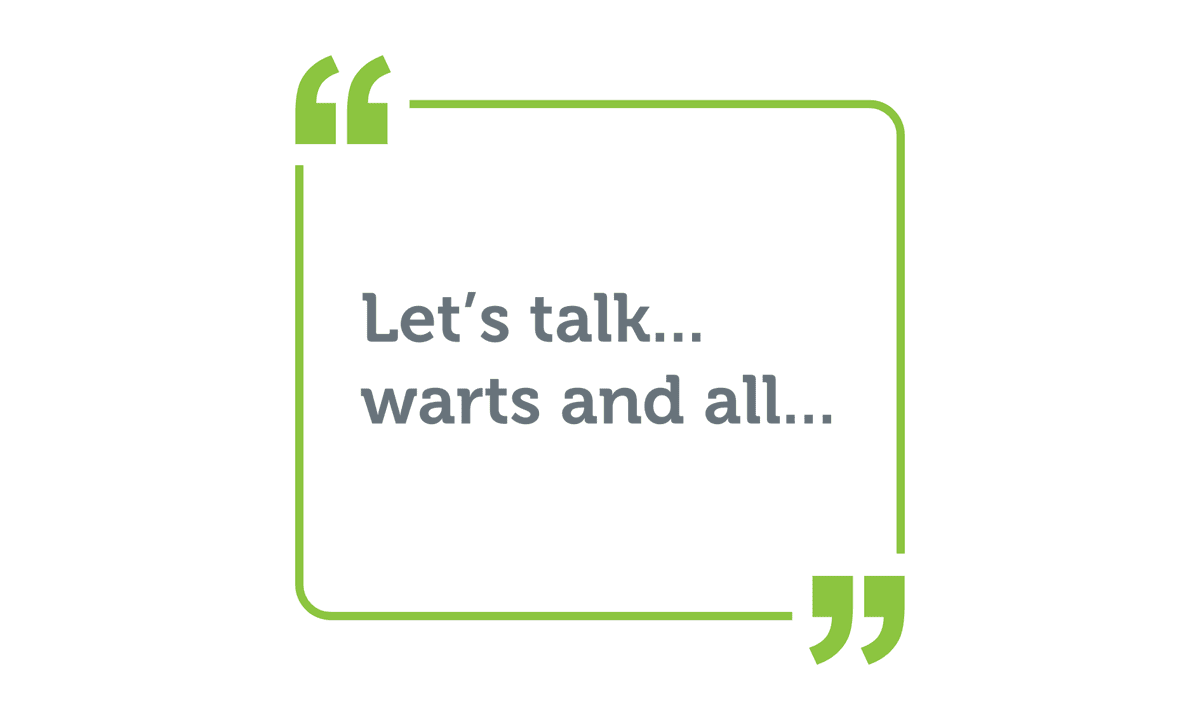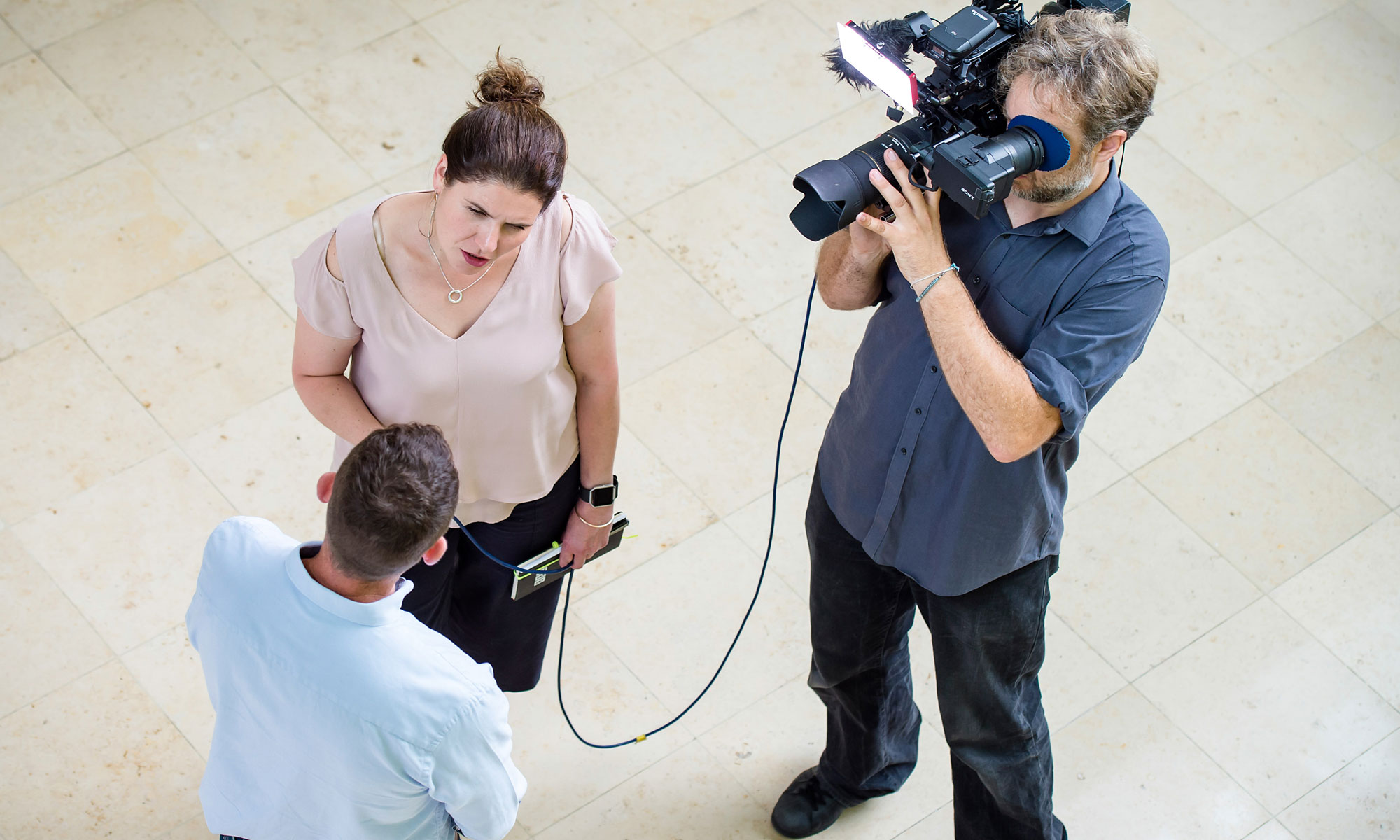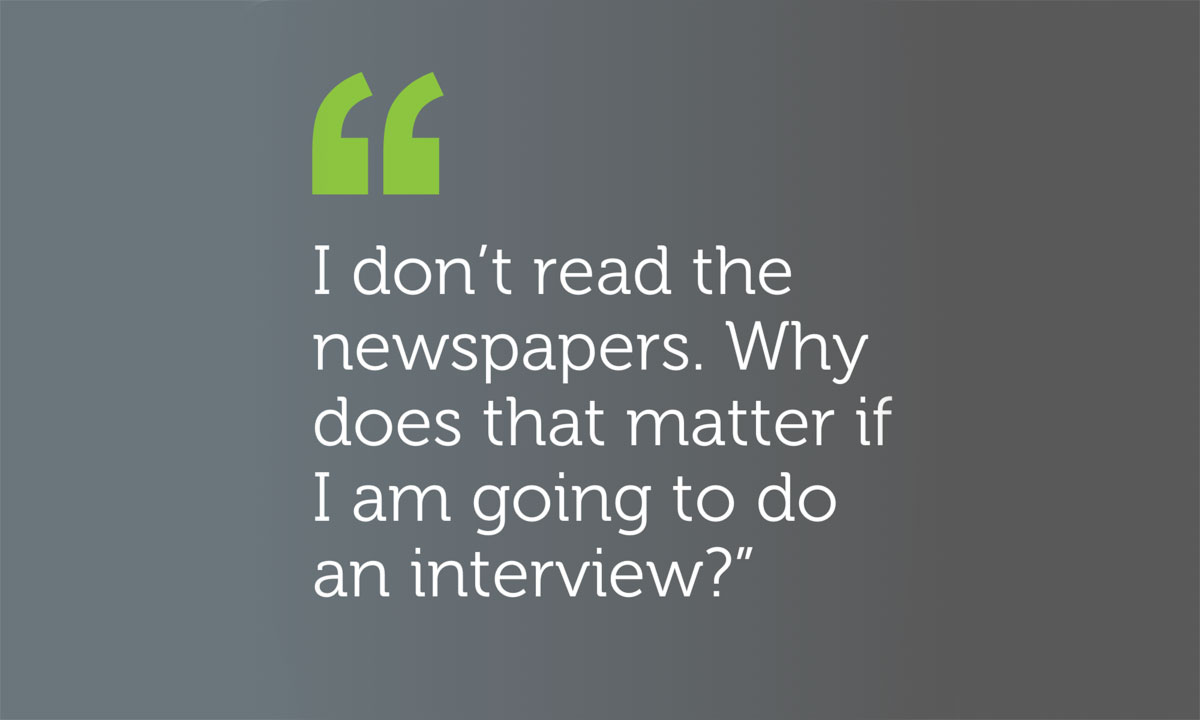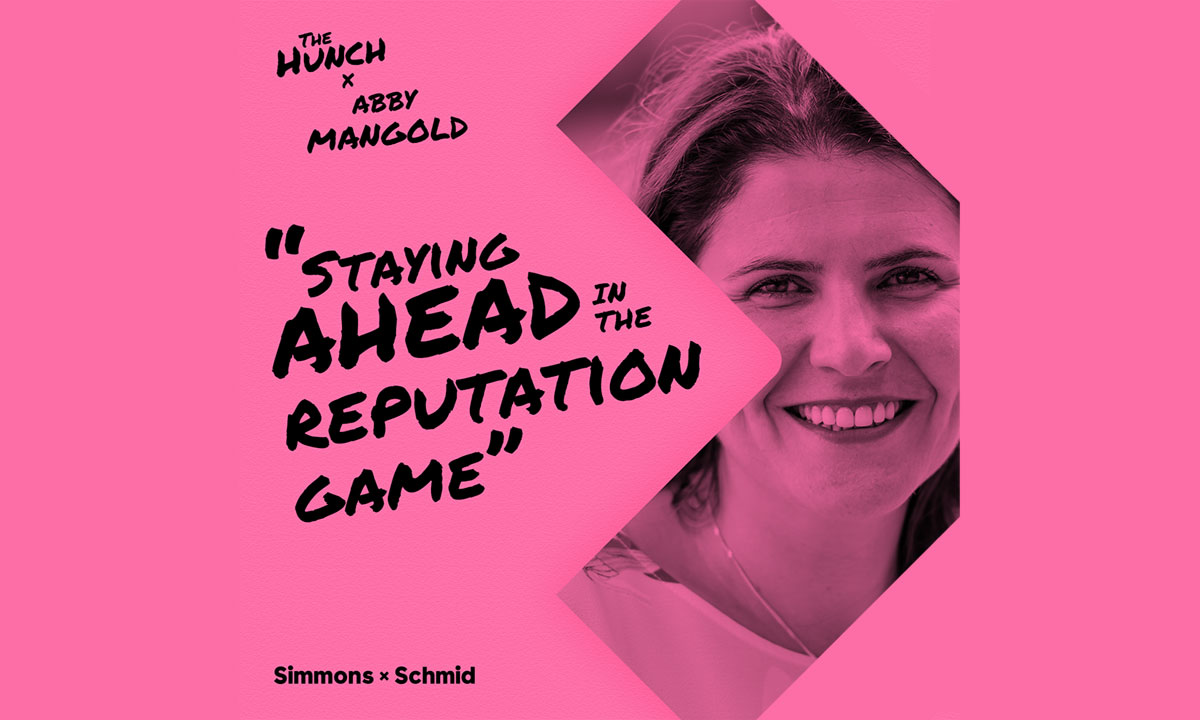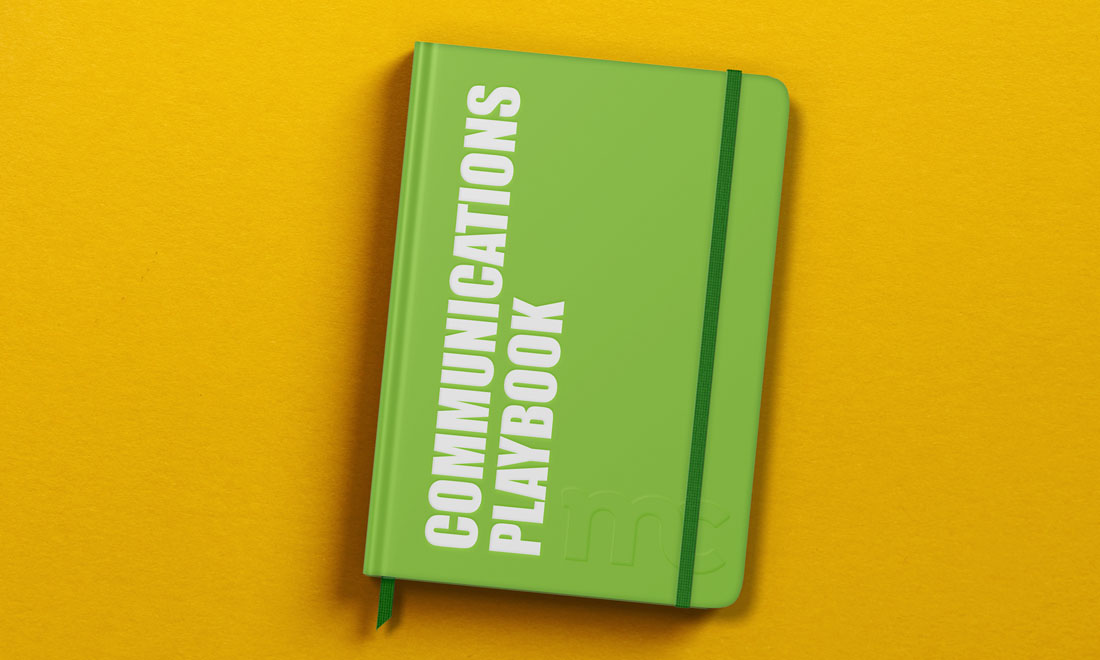What do you do when you discover one of your employees has behaved inappropriately?
How do you respond when people challenge your business practices on social media?
What do you do when you get a customer complaint?
The list could go on.
Using experience and nous to assess and respond to live issues, based on the specific set of circumstances is absolutely the way to go in an emerging crisis.
Recently however, clients have asked us to compile a “playbook” of responses for the most frequent and reputationally damaging issues, after we’ve completed a reputational risk audit of their competitors and the wider sector.
A playbook is more than collating your “lines to take” or communications responses. Done well, this live document should become part of the Communications Team’s armoury with which you can effectively respond to issues as they develop. The playbook provides important insight such as :
- stakeholders, reactions and patterns in their responses
- social media activity including trends, keywords used and priority channels
- topics which cause the most activity
- duration of interest
- key journalists
- as well as the existing communications to help build a response
All too often the post-crisis sands of time slip away and soon the next issue is upon you. Taking time to stop and reflect on how you responded and what you can learn should be part of the ‘playbook’.
By taking a quick and thorough sweep of actions post-issue you will assess; did we get our message out there or are we just repeating the same old tired platitudes which don’t cut it with our customers / stakeholders.
Questions to ask post-event are:
- did our last response achieve our objective
- are our response times working
- are the comms consistent with commitments made in the past
- is now the time to review our corporate key messages to make them better reflect our current reality and after effects of an issue
Your playbook is the bible you refer to so the next time you’re challenged about the business, you approach it kitted up with knowledge from previous experiences as well as a starting form of words to use in response.
Background image by Joanna Kosinska , book composition by Studio JERO



